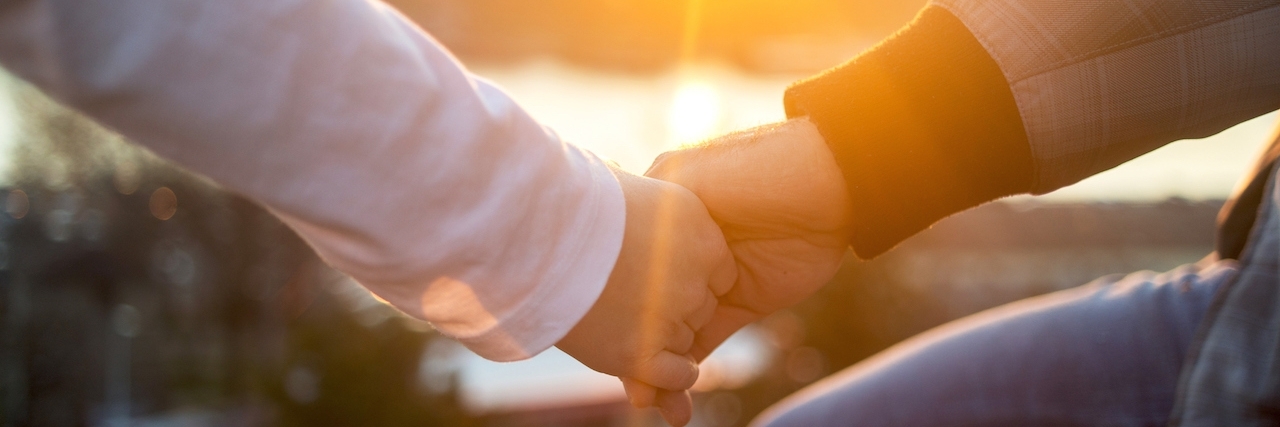If I were to ask you, “What do you think is the best way to show support to a loved one in need?” what would your answer be?
Perhaps the first few thoughts that come to mind would be “patience,” “kindness” or “endless love.” These are important factors without a doubt, yet even with such a fantastic support network after my near-death experience, I was still immensely depressed.
The first time I stood up after being confined to a hospital bed for two months was a huge psychological blow. The muscles in my legs had wasted away, and I collapsed immediately. It is frustrating, scary even, when your brain knows the sequence of movement, yet the rest of your body is unable to follow through with that instruction.
As a result, I had to use a wheelchair for yet another few months, and my mother became my hands and legs. What this means is that there was zero privacy, and my independence was reduced. I needed her assistance to move around, fetch things, take a shower, to be dressed and fed.
As I was wheeled back to school, it dawned on me just how different I was from everyone else now. It wasn’t just the physical disability that stood out — my mental and social agility had also taken a huge blow. For a while my main communication had consisted of basic words like “water,” “bedpan” and “pain,” and I struggled to fit back into a normal routine. Everyone around me was unaware of this struggle, and people probably thought I was feeling OK simply because I was present.
That I was so dependent on my mother for physical needs did not help with the transition. She became so absorbed with providing care to the point where I had to tell her to stop, as it was starting to cause more harm than good. Learning how to complete basic tasks all over again was a frustrating process and it took a while.
I remember my best friend Valerie picking me up from the hospital after a surgery once, and then asking me on the same day itself if I could help out with a job she had. I agreed and spent the next few days squatting by the bed in pain (it was the only bearable position), working away on my laptop. But it was a great feeling — that someone had unwavering faith in me despite my temporary hardships.
Not once has she ever treated me like someone who needs sympathy or is unable to fend for herself. Even as I limp along or curl up in pain, she continues to make conversation, and I can tell that she considers me her equal as a human being. One does not have to be afraid of offending a sick person, if your actions are sincere.
Care and concern is desperately needed in this world and in modern society, yet too much of it can hinder growth and recovery, both in a physical and psychological sense. My depression only began to lift when I realized I was “useful” again and I wasn’t a worthless human being wasting away before my own eyes. I had gotten so used to being cared for that I had forgotten what freedom felt like.
Each of our individual circumstances differ, so I am not saying this is applicable as a fixed rule. I would simply like to share what I have learned through my experiences, and how it snapped me out of my depressive stupor, in hopes that it might help someone else, too.
Follow this journey on A Chronic Voice.
The Mighty is asking the following: Tell a story about a time someone helped you and/or your child when you needed it most. Check out our Submit a Story page for more about our submission guidelines.

